Launching partnership between the EU/ Latin America and the Caribbean
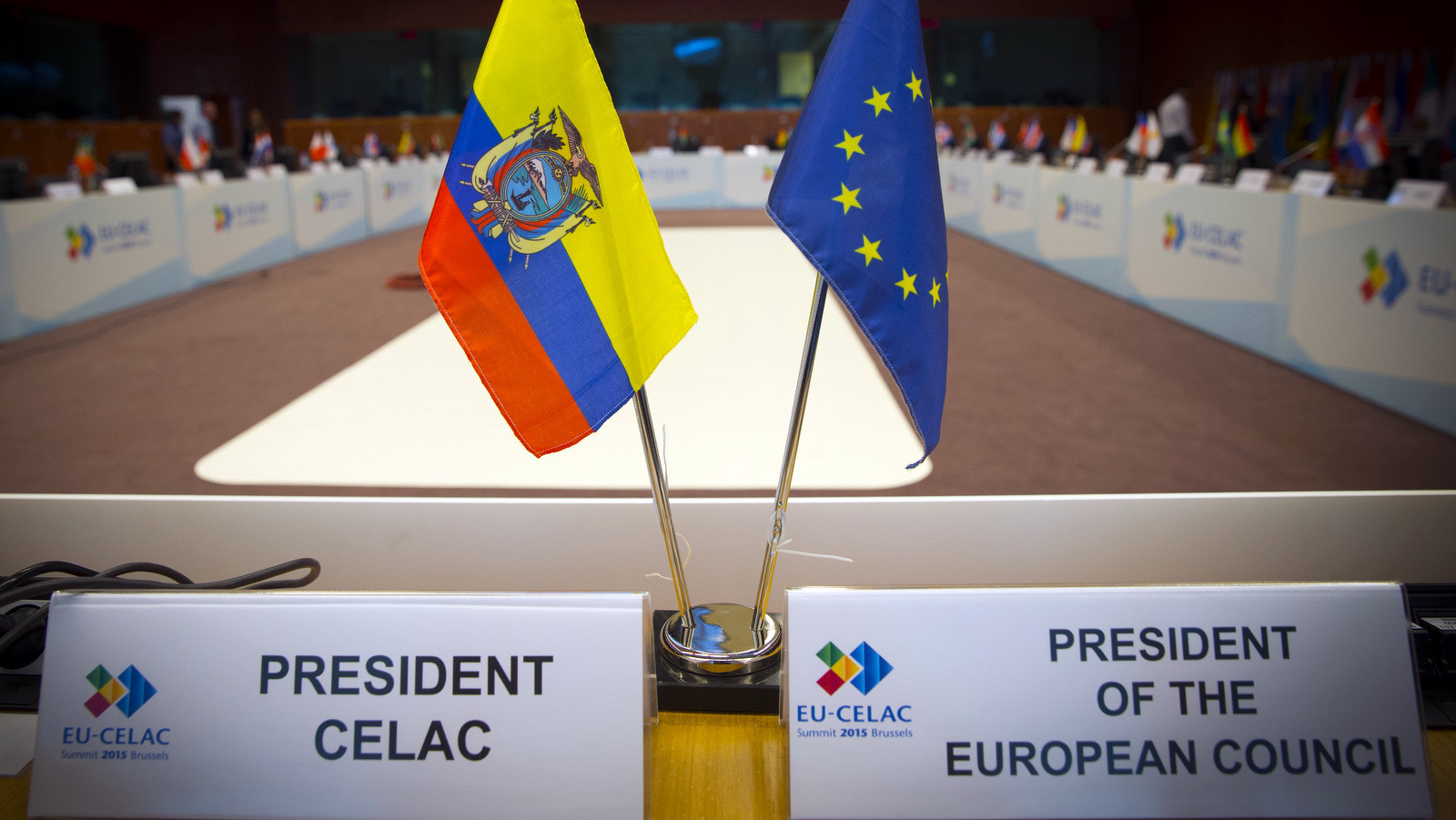
eyesonsuriname
Amsterdam, 7 Feb 2023– Europe is going through a moment of geopolitical inflection in which the old has not yet died and the new has not yet been born.
We must all recalibrate our strategic compass, identifying dangers and threats, but also partners and opportunities.
A friendship works if there is memory, trust and shared plans for the future.
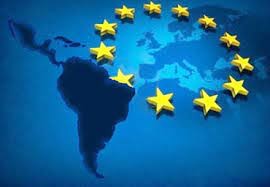
A friendship endures if it manages to overcome crises and setbacks.
We often say that the EU and Latin America and the Caribbean share values, history, culture, languages and deep political, economic and family ties.
This is true, but we cannot keep on living in the past.
At this moment of geopolitical inflection in which the old has not yet died and the new has not yet been born, we must all recalibrate our strategic compass, identifying dangers and threats, but also partners and opportunities. While instinct might urge us to retreat, we must avoid doing so, because in today’s hyper-connected world, there are no oases in which to hide. The shock waves of the pandemic, the economic crisis and Russia’s war of aggression against Ukraine reach us all.
Our relationship rests on solid foundations. The EU is the third largest destination for Latin American exports, and the first source of investment: European companies have invested more in Latin America and the Caribbean than in China, Japan, Russia and India combined. We have one of the richest networks of political and trade agreements, covering 27 of the 33 countries. The EU is also the largest contributor of development aid to the region.
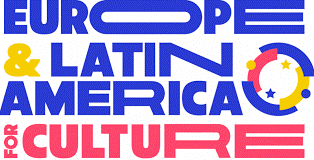
This is overall a positive relationship and, perhaps for that reason, we have rested on our laurels. It is time to wake up. We recognize Latin America and the Caribbean have not received the strategic attention they deserve from us and we propose a deepening of our relations in terms of intensity and volume – that is, quantitative – but also in qualitative terms, with new agreements and alliances, adapting the approach to the new challenges. Of course, this requires the participation not only of governments and institutions, but also of civil society, entrepreneurs, students, universities, scientists and creators. The more than 230 million young people on both sides of the Atlantic have indeed a lot to say.
That is why this bi-regional ministerial meeting between the foreign ministers of the Community of Latin American and Caribbean States (CELAC) and the European Union – the first since 2018-, which I will chair together with our Argentine host on October 27 in Buenos Aires, is so important. We need more dialogue and joint reflection. We need to listen to each other more, identifying and accepting our differences. Above all, we need to build a positive agenda to relaunch our partnership. We have a very broad agenda in Buenos Aires, but I would like to highlight three fundamental reasons to cooperate more and better.
First, to promote peace through a multilateral order based on fairer and more inclusive rules. We have condemned together, by a large majority, the unjustified and illegal Russian invasion of Ukraine and its terrible human cost. Together we have demanded respect for the principles of international law that Latin America and the Caribbean helped to create, such as respect for the territorial integrity and sovereignty of States.
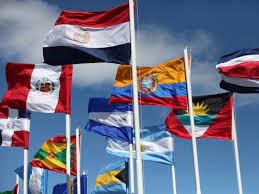
At a time when territories of another State are being invaded and annexed, and when the threat of use of nuclear weapons is being openly made, the voice of Latin America and the Caribbean must be heard, as a region that defends a pluralist – and anti-imperialist – vision of the international community, and that has outlawed nuclear weapons since the 1969 Treaty of Tlatelolco. Naturally, peace and democracy go hand in hand. If we are to defeat the autocratic threat and improve our democracy as a space for freedom and justice, we can only do so together.
Second, we need a common agenda to address the three great challenges of the 21st century: climate change, the digital revolution and social cohesion. The world to come will be more divided, fragmented and multipolar, with a step backward in economic globalization.
We urgently need to work together in this new geopolitical scenario to address the global problems of food, energy and debt, exacerbated by war. We can and must do so because we have concurring interests. In response to the pandemic and the consequences of war, we on both sides of the Atlantic want to strengthen our autonomy(ies), avoiding forced dependencies and increasing our economic resilience. However, autonomy does not mean isolation. Autonomy requires cooperation and reliable partners to reach agreements, share experiences and technology, regulate new markets, innovate and research, connect secure infrastructures such as the great transatlantic digital cable Bella or the Copernicus satellite network, and diversify global value chains, making them more resilient and committed to advanced social and environmental standards.
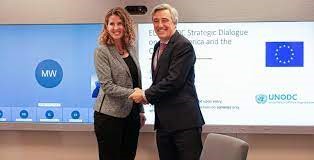
Latin America and the Caribbean represents a global power in terms biodiversity, renewable energies, agricultural production and strategic raw materials. The region wants to take advantage of the new transitions to industrialize key sectors and add value to its productive capacity. It wants to grow, but with greater equality and sustainability. Europe has the technological and investment capacity, and it also needs alliances with reliable partners to diversify its supply chains.
he challenge is, therefore, to modernize and strengthen ties, not inter-dependencies, placing people at the centre of this triple environmental and digital, but also social, transition. If we do not reduce inequalities, our citizens will turn their backs on change. At the end of the day, as a fellow Latin American minister recently reminded me, our democracies, here and there, follow Cicero’s principle “Salus populi suprema lex”: the health and welfare of the people is the supreme law.
Third, in a world of giants, size matters.
Together, we represent one third of the United Nations. The EU has evolved through crisis, and Putin’s war has reminded us that scale, and therefore unity, are indispensable for survival. I also notice that more and more Latin American and Caribbean leaders are appealing for a stronger and more unified regional voice.
Latin American integration is a great promise to be fulfilled.
While this is not up to us, New Europeans, to solve, it is indeed up to us to support it. Our respective regional organizations must play a key role in building the multilateral order of the future,
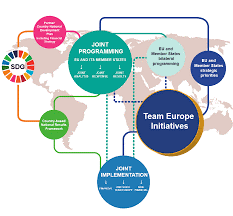
In Buenos Aires, as well as in other capitals of our continent, we set off on a new road to revitalize our friendship and we do so with memory, confidence and plans for the future.
eyesonsuriname









